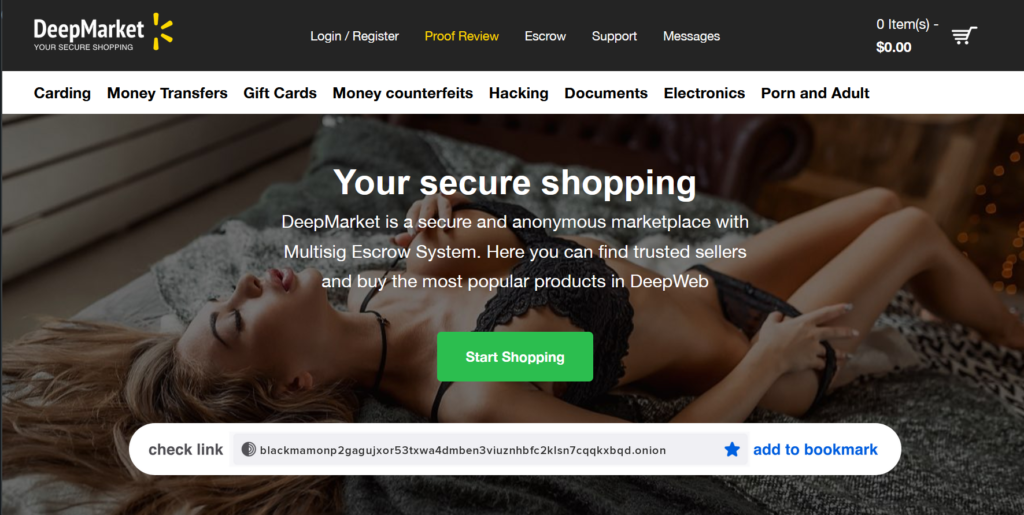Table of Contents
Toggledeep market – TOR Scam Report (1)
Onion Link: http://blackmamonp2gagujxor53txwa4dmben3viuznhbfc2klsn7cqqkxbqd.onion
Scam Report Date: 2024/08/29
Client Scam Report Breakdown
The client’s report, “[My order not delivered…]” details a situation where an order placed on a Deep Web marketplace was not fulfilled. Although the report is brief, it underscores a common issue with transactions on illicit online platforms. The Deep Web, often referred to as the Dark Web, is a part of the internet not indexed by traditional search engines, and it hosts marketplaces where users can purchase illegal goods and services anonymously. The client’s report suggests they made a purchase on such a marketplace, likely expecting delivery of an item or service that was ultimately never received. This lack of delivery points to the risks involved when engaging with unregulated online markets, where the absence of legal oversight often leads to fraudulent activities.
The terms and services offered on platforms like the one referenced in the client’s report can vary widely, but many include high-risk categories such as “Carding,” “Money Transfers,” “Gift Cards,” “Money Counterfeits,” and “Hacking.” “Carding” involves the illegal use of credit card information to make unauthorized purchases, while “Money Transfers” refers to services that enable the movement of funds, often through untraceable means like Western Union or PayPal, which can be exploited for money laundering or other illicit activities. “Gift Cards” and “Money Counterfeits” are also frequently traded, with gift cards being used to mask the origin of funds, and counterfeit money being sold as if it were genuine. These categories highlight the types of products that could be involved in the client’s transaction and the inherent risks of dealing with such items on the Deep Web.
The platform described in the additional data offers various features that attempt to instill confidence in potential buyers, such as a “Multisig Escrow System,” “Buyer Protection,” and “24/7 Help Center.” A “Multisig Escrow System” is a security feature that requires multiple parties to approve a transaction before funds are released, theoretically preventing scams by holding the payment in escrow until the buyer confirms receipt of the goods. “Buyer Protection” is a policy intended to protect customers from fraudulent sellers by ensuring that their purchase is covered from the moment of payment until delivery. Despite these assurances, the client’s report indicates that these safeguards failed, resulting in a loss of both the product and the funds. The client’s experience reflects the reality that even on platforms claiming to be secure and offering customer protection, scams remain a prevalent risk, particularly when dealing with illegal or questionable products and services. This case emphasizes the need for caution and skepticism when navigating the Deep Web, as the promise of anonymity and unregulated trade often comes with significant risks.






